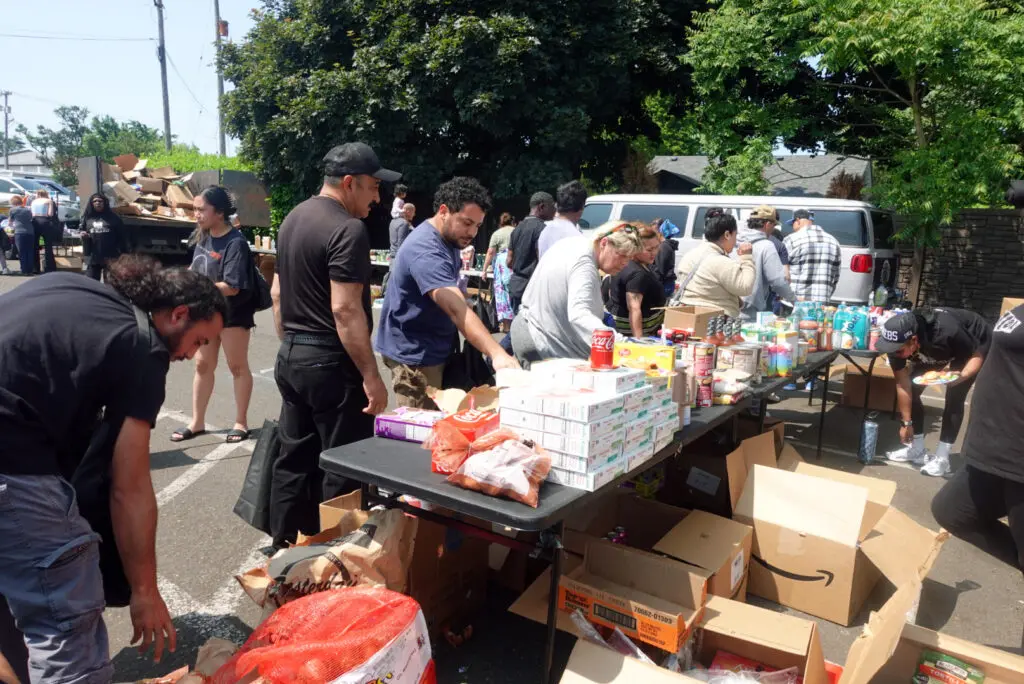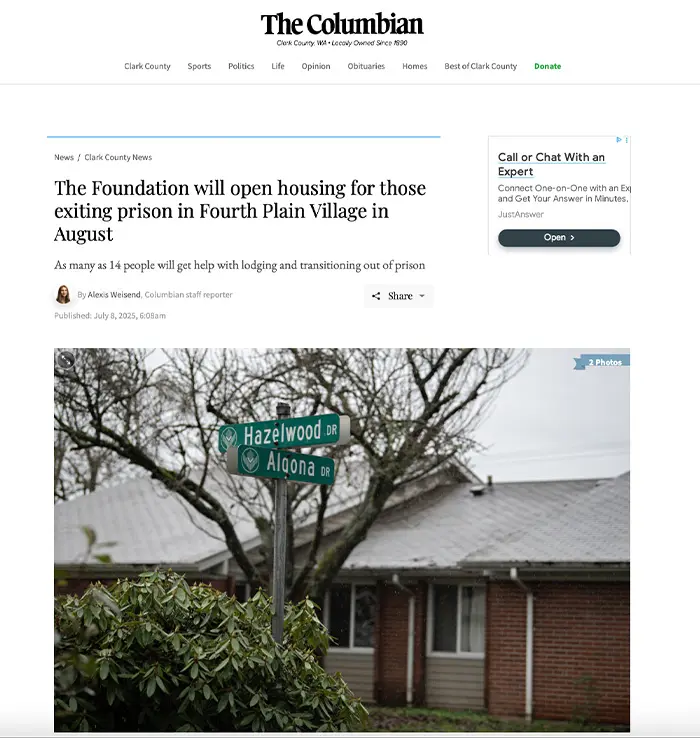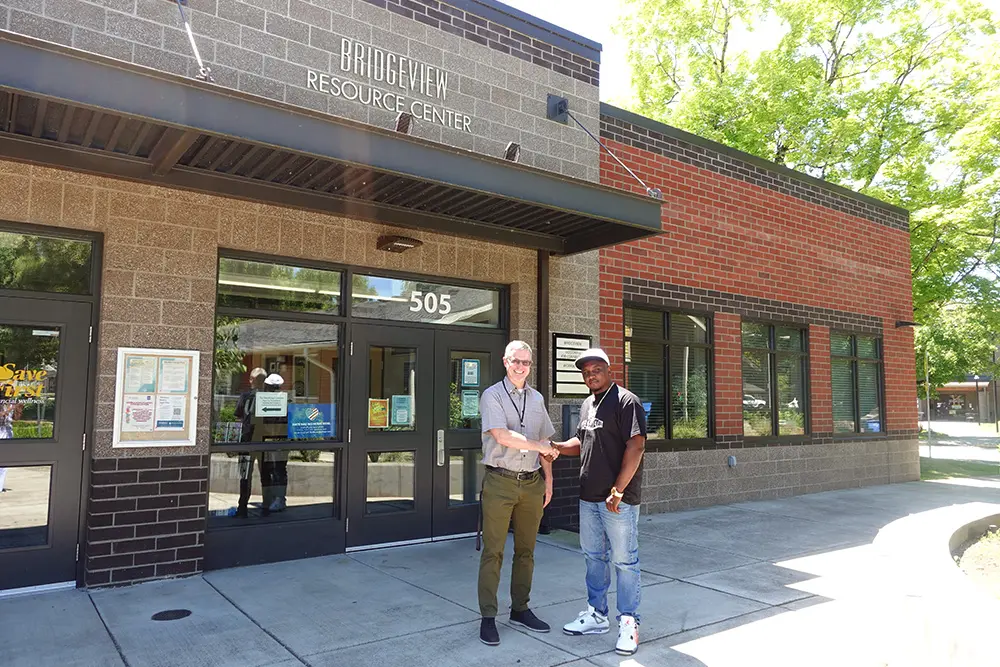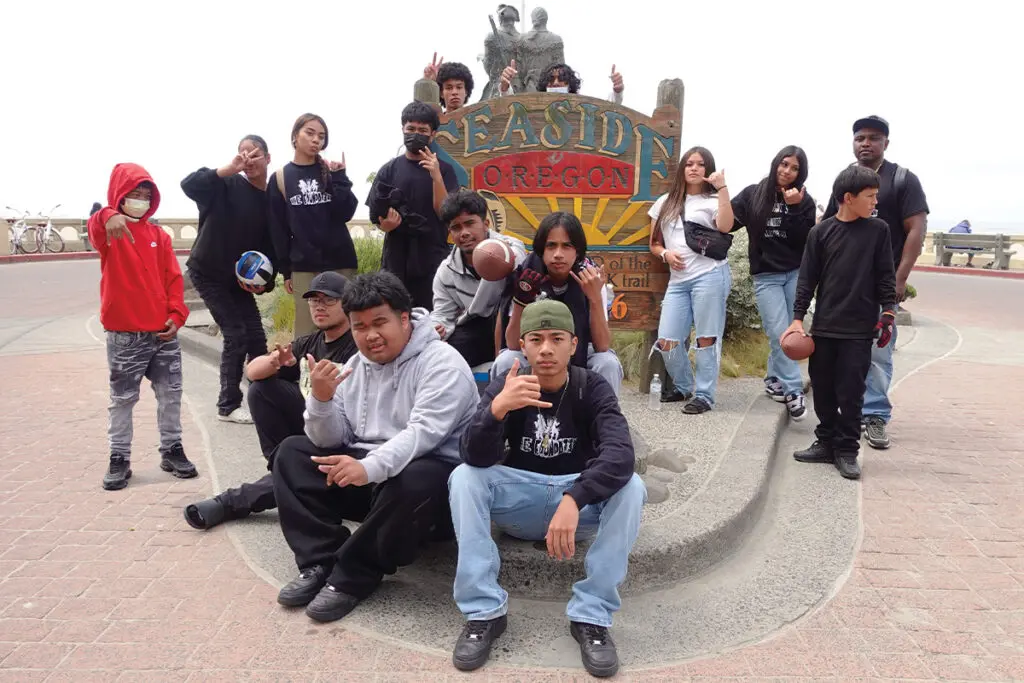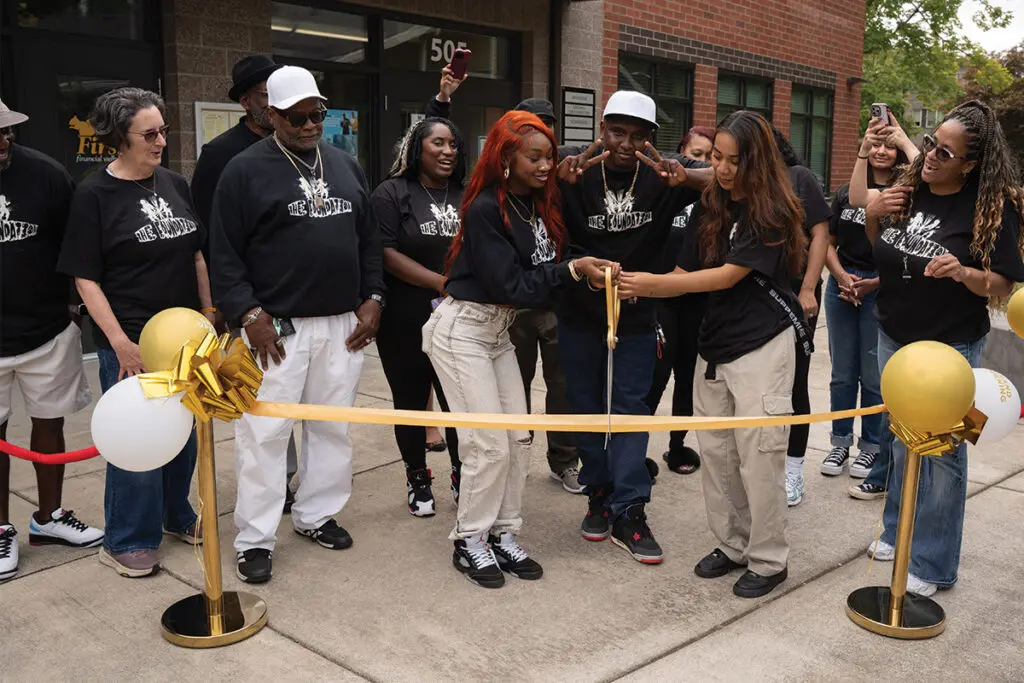Lower Recidivism, Save the State Millions
If you can’t do the time, don’t do the crime.
A classic, albeit cheesy line the cop always tells people in movies and tv shows. So, people do their time for all different sorts of things. Some big, some small. But the answer remains the same for each one of them: what happens after you do your time?
Lucky ones will have a home and family to return to. Others are not so lucky. According to reports from Urban Institute and the United States Interagency Council on Homelessness, more than 50,000 individuals are released from incarceration every year with nowhere to go. In Clark County, there are an average of 288 people released every year according to the Washington Department of Corrections. No home, no family. Released from incarceration where they had access to shelter, food and water. To be homeless and without the proper resources, these individuals are then left with the choice of finding resources on their own or reverting back to committing crimes, which then repeats the cycle of them once again getting arrested. The prison-to-homeless cycle is not an easy thing to break. It’s said that more than half of prisoners released will be re-incarcerated within three years due to the lack of resources.
So, what needs to be done? How can we break this cycle? For The Foundation’s Executive Director, Lester Griffin, these are the questions he seeks to find a solution for.
Our new housing project, The Foundation Restored Transitional Complex has 8 units. One unit will operate as an office/community resource space. While the other 7 can hold up to 14 individuals at a time and up to 28 program participants a year who have been released from incarceration and are reentering back into society. This project isn’t just a roof over people’s heads. With this, we will be providing reentry services to those who are coming out. Our Reentry Navigators will help folks with job searching, food resources and helping them find the things they need to reintegrate them back into society.
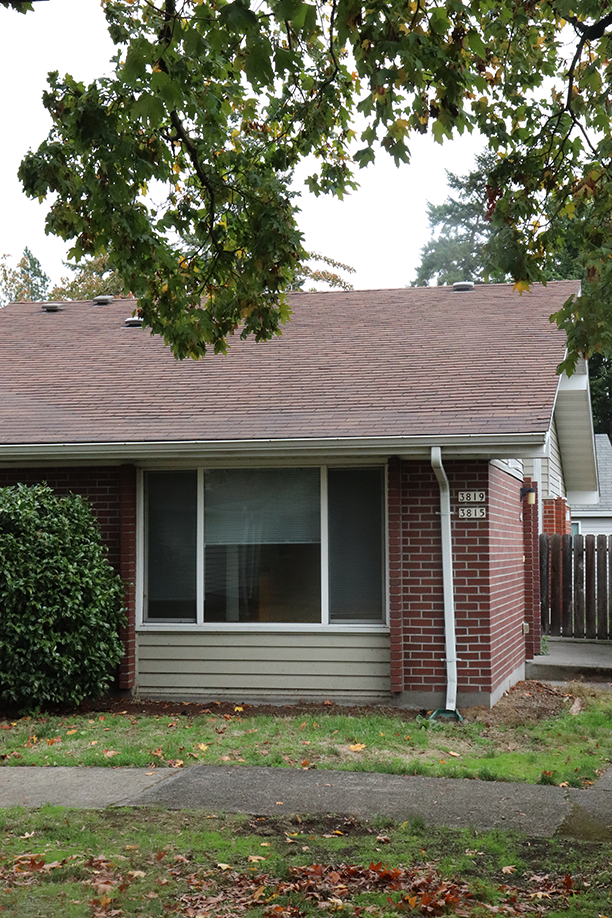
The Foundation's new Restored Transitional Complex
Having these resources for individuals coming out of incarceration is important to breaking the cycle. Reentry programs such as ours help create an overall stronger, healthier community. This resource will help reduce recidivism among those reentering society, improve public safety and boost economic development.The average cost to house an incarcerated individual in a detention center is $63,626 a year in the State of Washington. The work we do through our Restored Transitional Complex has the potential to save Washington tax payers $1,781,525 a year by providing the resources incarcerated individuals need to come back into our community successfully.
At The Foundation, we’re looking to change the way we treat individuals who are reentering into society. Giving them the tools to succeed once they’re out is the key to breaking the cycle and creating safer, healthier communities. We believe the community is entitled to receive rehabilitated individuals that are exiting incarceration to help create safer and healthier communities.
If you, or someone you know is looking for information about reentry services, please email contact@thefoundationwa.org

